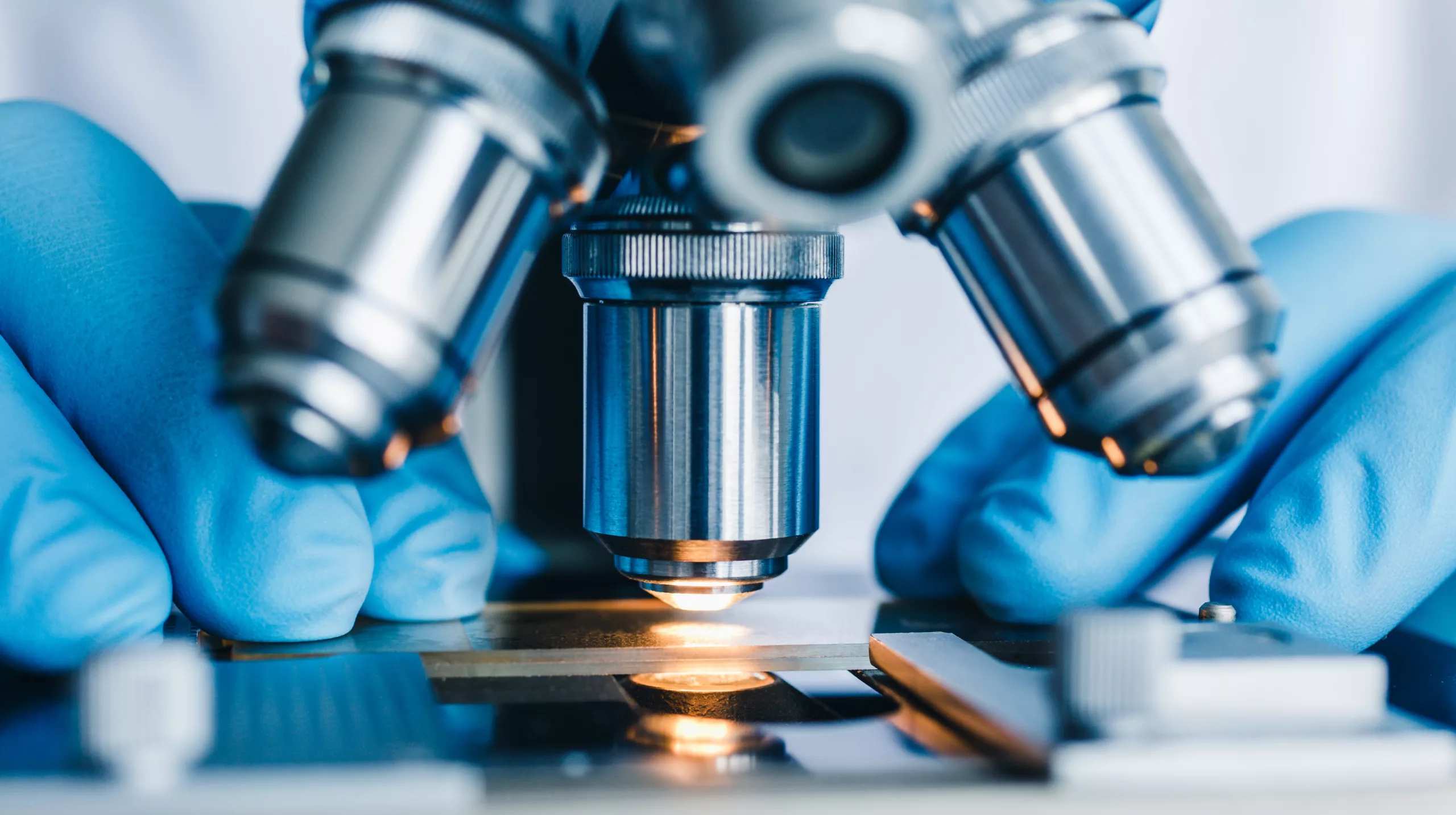Animal Research at Leukaemia UK
At Leukaemia UK we are committed to minimising the use of animals in our research whenever possible. However, until there are viable alternatives, animal research must play an essential role in the search for better, kinder, and more effective treatments for leukaemia. It is indispensable for understanding how and why leukaemia develops and for developing new therapies.

Understanding Animal Research
To develop kinder, more effective, and more precise treatments for leukaemia, ongoing research is crucial. While many medical studies can now be conducted using cell cultures, computer models, clinical trials, or human samples, certain discoveries and tests still require the use of animals. This type of research, known as “in vivo” research, involves studying living organisms (animals) and is essential for understanding how conditions like leukaemia progress and how specific drugs affect certain parts of the blood.
In vivo research plays a vital role in drug development and is a mandatory part of safety testing under current UK regulations. Consequently, almost every medical breakthrough has, at some stage, depended on animal research.
However, it is important to note that there are stringent legal restrictions in place to ensure that animal research is conducted ethically and only when absolutely necessary.
FAQ on animal research within Leukaemia UK:
From Dr Lloyd Law’s pioneering research in the 1940s and 1950s on the response of murine (mouse) lymphoid leukaemias to antimetabolite agents, to Dr John Dick’s discovery of the leukaemic stem cell in the 1990s, animal models have been essential to our understanding of leukaemia biology.
Major breakthroughs in blood cancer research and in the development of new treatments – such as understanding the mechanisms of disease progression and developing the foundations for chemotherapy and stem cell transplants – have relied on animal research. Without the continued use of animals, we cannot continue to develop new, kinder, or more effective treatments.1
The majority of the animal research we fund involves mice, as they are ideal for studying specific proteins or genes to understand how potential drugs might work. The only other animal species used in our research projects is zebrafish.
From 2015-2024, about half of our research funding has been on projects involving animal research: 33/65 projects (51%); £4.9M/£9.9M (50%) of total research funding.
The UK government has developed what are often regarded as the tightest regulations for research involving animals in the world, with the highest associated standards of welfare for the animals. This legislation permits scientific procedures on animals only when the benefits that the work is likely to bring (to humans, other animals, or the environment) are believed to outweigh any pain or distress that the animals may experience, and only where there are no alternatives.
All animal research carried out in the UK must be approved and licensed by the Home Office and is governed by the Animals (Scientific Procedures) Act 1986. All researchers who carry out studies using animals require a Home Office licence and their research facilities are regularly inspected by regulatory authorities.
Researchers are also obliged to use the principles of Replacement, Reduction and Refinement – known as the ‘3Rs’ – while carrying out any research that involves animals. This means:
- Replace the use of animals with alternative techniques or avoid the use of animals altogether.
- Reduce the number of animals used to a minimum by seeking ways to find out information from fewer animals or more information from the same number of animals.
- Refine the way experiments are carried out, to make sure animals suffer as little as possible. This includes better housing and improvements to procedures which minimise pain and suffering and/or improve animal welfare.
Leukaemia UK funds proposals that include animal research only where there is no alternative, and where the research fully complies with the Animals (Scientific Procedures) Act 1986 and the guiding principles of the 3Rs.
Yes – absolutely.
We have several ongoing projects that do not involve animal research, and we can restrict your donation so that it will only be used to support one of these projects.
Leukaemia UK is a member of the Association of Medical Research Charities (AMRC). All AMRC member charities support the AMRC position statement on the use of animals in research, and Leukaemia UK adheres to the AMRC guidance on the use of animals in research.
Leukaemia UK is also a signatory of the Concordant on Openness on Animal Research in the UK.
The NC3Rs is the UK’s national organisation for the 3Rs.
References
1Cook GJ, Pardee TS. Animal models of leukemia: any closer to the real thing? Cancer Metastasis Rev. 2013 Jun;32(1-2):63-76. doi: 10.1007/s10555-012-9405-5. PMID: 23081702; PMCID: PMC3568447.
